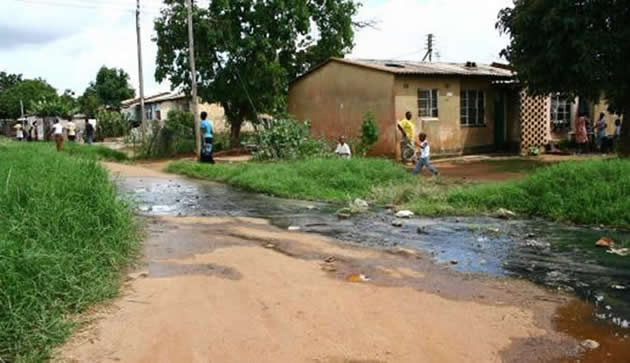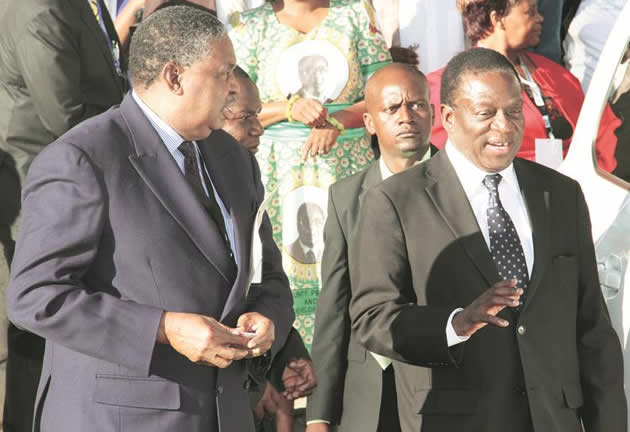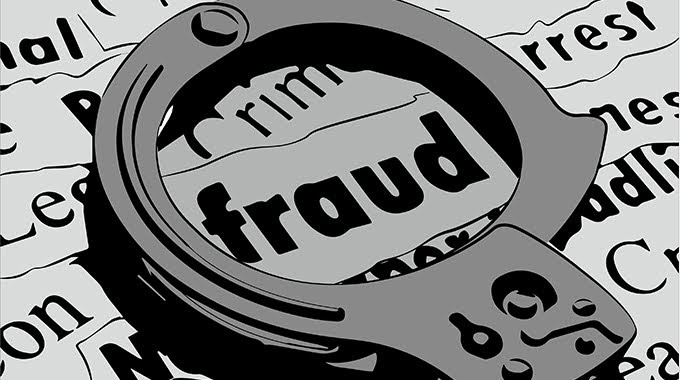Foetuses trigger sewer blockages

 Innocent Ruwende Municipal Reporter
Innocent Ruwende Municipal Reporter
Baby-dumping is rife in Harare to the extent that some aborted foetuses have become one of the major causes of sewer blockages in the city, a Harare City Council official has said.
Speaking during a tour of Firle Sewage Treatment Plant last week, Harare waste water manager Engineer Simon Muserere, said on one occasion, workers found three foetuses whose hands were all tied with strings.
“The average is one in every month, but at one time we discovered three bodies of foetuses at Crowborough Sewage Treatment Plant”, he said.
Bodies of foetuses are contributing to sewer blockages around the city.
“We used to report each case to police until they told us to stop coming because we were always reporting cases of baby- dumping.”
Harare Mayor Councillor Bernard Manyenyeni, who was part of the city delegation, told residents to desist from baby-dumping.
“It is unfortunate that police have washed their hands on the matter, but they should have investigated each case as it comes so that they make an attempt to arrest the culprits”, he said.
“Baby-dumping should never be encouraged. Residents should desist from such practices.”
Town Clerk Dr Tendai Mahachi said the city had so far spent $18 million on the rehabilitation of Firle Sewage Treatment Plant.
He said plans were underway to produce electricity from raw sewage at Firle.
“We have cleaned all bio-digesters at Firle for collecting raw sewage so that we can convert methane gas to electric energy, what is left is the installation of a generator, said Dr Mahachi.
“We have partnered with a South African company, which will bring in the generator to help produce electricity from methane gas.”
Dr Mahachi said the city was producing 70 percent pure methane gas, which could generate close to 4MW of energy per day and save the city $300 000 in electricity bills at Firle.
He said the city would save $1,5 million from water treatment chemicals once the rehabilitation of the treatment plant is complete.
A recent Environmental Management Agency (EMA) survey revealed that municipalities were the main polluters, compromising the quality of drinking water across the country.
In terms of the Urban Councils Act and Rural District Councils Act, local authorities are mandated to provide potable water to residents in their respective jurisdictions.
However, it turns out that councils are in fact largely behind the pollution of water.
Harare City Council — whose jurisdiction expands to Chitungwiza, Ruwa and Norton — tops the list as it discharges 3 885 mega-litres of raw sewage into water sources per day.
Bulawayo City Council comes second, discharging 13 mega litres of effluent into Mazai River daily, which, in turn, feeds into Umguza River.









Comments